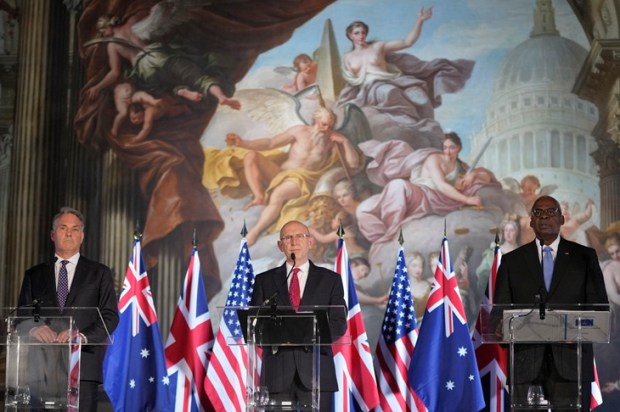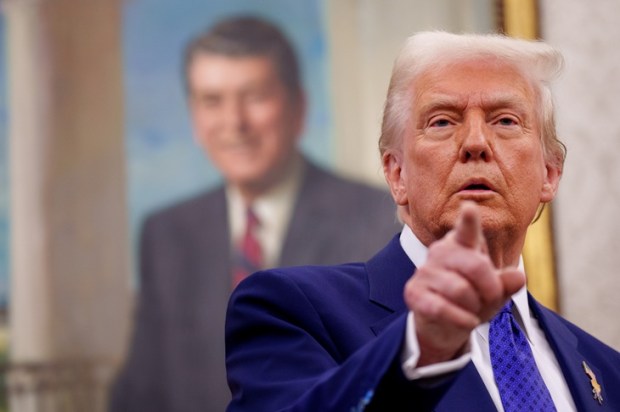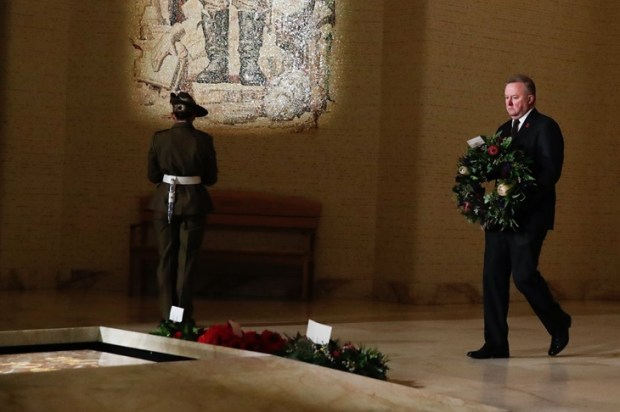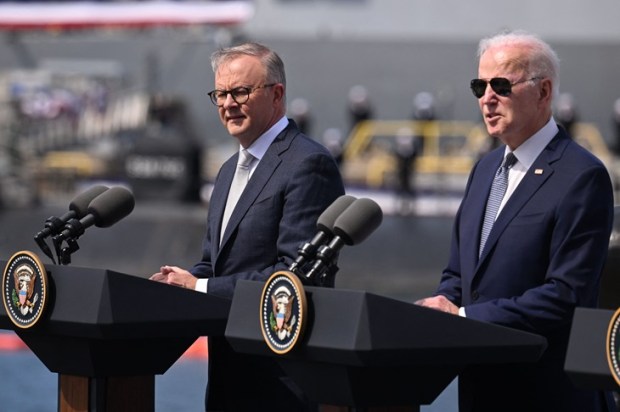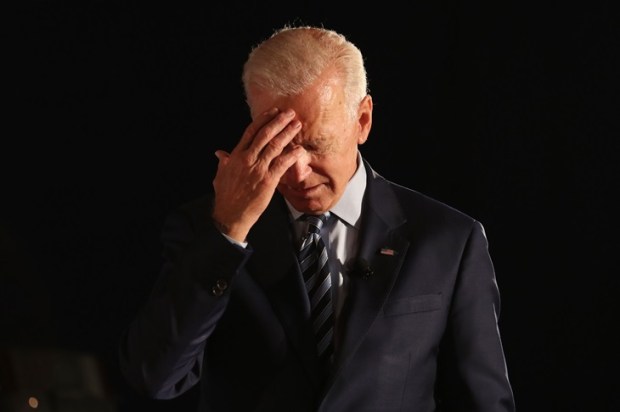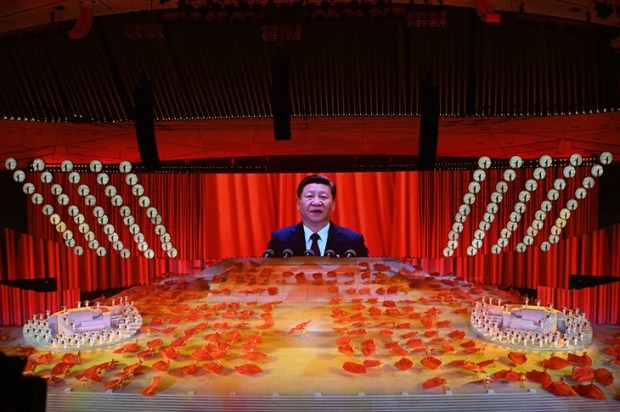Now, more than ever, Australia should remember its history and the decisions made by our earlier Prime Ministers, Billy Hughes and John Curtin.
These men led the country during the first and second world wars, respectively. In both instances, Hughes at the end of the first world war at the Paris Peace Conference and Curtin during the second world war, they were faced with the choice of advocating in favour their own country’s interests or those of their allies.
Hughes had the easier time of it – the war was over, and Australia’s allies had won. Despite pressure from the British Prime Minister, David Lloyd George, Hughes stuck to his script at the Paris Peace Conference and pushed for Australia to be given both New Guinea as a colony and indemnities as well as blocking Japan’s request for racial equality. To achieve his aims Hughes argued, sometimes loudly in Welsh, with David Lloyd George. He also infuriated the American President Woodrow Wilson who called him a pestiferous varmint but Hughes fundamentally stuck to his guns to get what he felt Australia deserved given her 60,000 dead in the war.
During the second world war, Australia felt under direct threat of Japanese invasion. The British Prime Minister, Winston Churchill, was a long way away on the other side of the world with his country fearing a more imminent threat. Churchill was certain Australian Prime Minister, John Curtin, was exaggerating the threat from Japan and ordered Australia’s 7th Division to be diverted to where they were needed in Burma. After a vociferous argument from Curtin, Churchill rescinded his orders and on February 22, 1942, Australia’s 7th Division returned home rather than going to Burma. Curtin had not stood up to Churchill without making it clear to Australians that Australia now looked to another more useful ally. Less than six weeks earlier, on December 27, 1941, Curtin told the nation that Australia ‘looks to America, free of any pangs as to our traditional links or kinship with the United Kingdom’.
Given Australia’s eight and half decades of military dependency on the United States it’s been distressing for Australians to see United States’ hesitancy about Ukraine’s war with Russia where the cliché of might versus right so clearly manifests itself. Whilst Russia claims to feel threatened by Ukraine’s aspirations to join Nato it is a fact that it was Russia who invaded Ukraine; first in February 2014 and then again in February 2022. Russia’s army is stronger now in 2025 than it was when it invaded Ukraine in 2022. Russia continues to evade the impact of sanctions and, on a war-footing, its economy is managing well. Russia is clearly ‘might’ whilst smaller Ukraine, given it the country that was invaded, is clearly ‘right’.
One result of United States’ hesitancy to support Ukraine is that all Nato members, excluding Spain, are increasing their defence budget. Exactly what Washington wanted. Now Washington is asking the same of Australia. Initially this request from the United States was met with equilibrium and optimism when Defence Minister Richard Marles said, ‘We’re very much up for that conversation.’ Prime Minister Anthony Albanese has not been so certain.
Given the United States’ own pecuniary problems, and that foreign and domestic policy is now dominated by an agenda to ‘make America great again’ – to the detriment of everyone else if necessary – it was only a matter of time before our major ally expected us to increase our defence budget. There is no question as to why the United States thinks this increase is necessary. Given their adversaries, Russia – it’s likely Russia will become an adversary if they encroach any further into Europe – and China, long gone are the days when they could fight on a war on two fronts. To ensure military superiority the United States needs both European allies and its allies in Asia to step up when it comes to expenditure on military. They could have asked in a nicer way, and without the economic whammy of protectionism, but sooner or later it was always going to happen.
That President Trump’s mercurial manoeuvres in foreign policy make it difficult to second guess him does not mean Australia doesn’t need to increase its defence budget and nor does it mean Australia can afford to ignore America. It means more than ever it should pay attention to both.
Prime Minister Albanese’s visit to China was clearly noticed by Washington who pointedly chose that time to ask Australia to commit to allowing the Aukus nuclear-powered submarines to be used in a war against China. A difficult question to answer, not least because it compromises Australia’s sovereignty, but also because the United States itself is unwilling to make any commitments when it comes to defending Taiwan from China – the one obvious scenario that could result in war.
Unlike Hughes and Curtin, Albanese is not operating in a post-world war or world war situation. Fortunately, Prime Minister Albanese has some room to manoeuvre. But, if like Hughes and Curtin he intends to put Australia first and wants to guide Australia through the quagmire of United States-China relationship, there is no question he needs to do more to improve his relationship with the protean Trump and increase the defence budget. Given Europe’s experience the latter should go some way to helping with the former.


